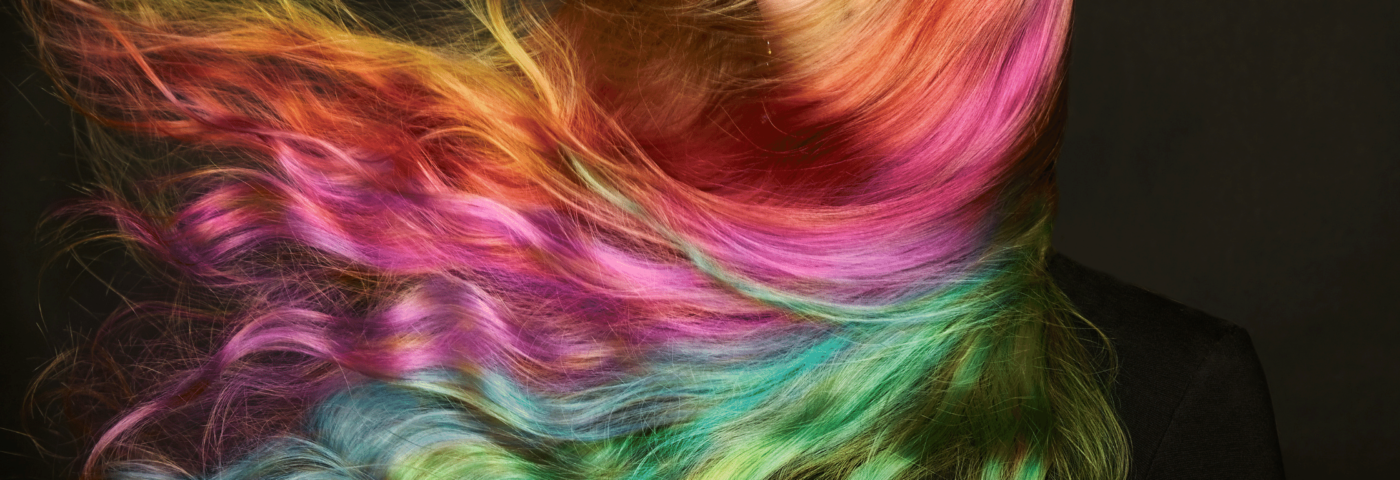As consumers increasingly seek solutions targeted to their specific needs, there has never been a greater demand for personalization in the beauty category.
According to Research and Markets, personalized beauty will reach close to US$38 billion this year.
Today’s consumer is knowledgeable and sophisticated. She/he knows what she wants and what she needs in skincare, haircare, color cosmetics and fragrance. While she is open to trying new products, she firmly believes she should be able to customize products in all these categories to suit her needs and desires.
One size certainly does not fit all in this age of respecting and honoring the individual. Beauty has been redefined and the old measurement of demographics is not a viable algorithm for anything. Behavior, life style and self-expression have changed the consumer product landscape in many categories.
Beauty has provided product personalization for many years, with varying degrees of success. In an industry with a heritage of scalable product production, designing individual products can be challenging…and expensive.
In doing my research for this article, it appears that many brands who launched in the category of customized beauty have closed their doors. It begs the question: what premium are consumers willing to pay for this benefit? Will they repurchase, assuring some customer satisfaction and loyalty.
A few examples of customization in hair, color cosmetics and skincare:
Hair:
The hair category is getting a great deal of customization attention with brands such as eSalon, Function of Beauty, Prose, and Strands to name a few.
Since I did customized hair color and product research 18 months ago, the landscape appears to have changed. It’s worth mentioning the fallout, suggesting there’s still work to be done to make this category scalable.
Living Proof used to allow customers to adjust the nozzle of their Perfect Hair Day Body Builder Hairspray for more or less hold. It appears that service is no longer available.
Madison Reed used to customize hair color. They have a large color range in stock and now appear to be functioning exclusively within this range. L’Oréal’s Color & Co, featuring customized hair color, has closed its doors.
Color:
Bite Beauty Lip Lab continues to help their clients customize shade, finish, flavor and name of their lipstick. They opened their 10th location this past June.
Grace Choi and her team debuted the Mink 3D printer concept in 2014 at the TechCrunch Disrupt conference, and have worked meticulously to refine every detail. It launched in 2019, allowing color cosmetic consumers to print 16.7 million colors in various cosmetic forms.
Three Custom Color which launched in 1997 appears to have a model for survival. While they claim to focus on recreating discontinued make up shades, they will in fact match anything. Speaking from personal experience, they do a great job.
Skincare:
D.O.S.E. Skinceuticals (L’Oréal) is a physician based, in-office service that formulates personalized serums designed for unique skin concerns.
In skincare in recent years, many brands have launched individual booster ingredients, such as niacinamide, retinol, vitamin C, hyaluronic acid, AHA and others. The Ordinary, The InkeyList, Paula’s Choice and CoverFX are great examples of this, allowing consumers to power up certain ingredients as needed.
Clarins relaunched their My Blend customized skincare system in May in France. The company struggled with the platform in 2007, but appear convinced they can make a go of it this time around.
No doubt some readers are asking, why, with thousands of SKUs in hair care/color, color cosmetics and skincare, can consumers NOT find the perfect products they need? The answer is: in beauty, we create products people want, not products people need. (I continually dispute this wisdom, knowing I would not survive without my bins, boxes and bags of beauty products.) The emotional pull of beauty products (right brain) is every bit as powerful as the left brain logic and in most cases, more so. We believe we need these products. We believe they are life changers. We want to be engaged with the products and the brands who produce and sell them. The more the consumer is engaged in the creation of the products, the more likely she/he is to return, repurchase and tell friends and family.
Consumers are not looking for MORE products. They are looking for the RIGHT products. Search behavior indicates that consumers are looking for brands that do personalization, rather than doing it themselves. The desire for customized beauty products is here to stay. While scaling is challenging, it is imperative that we in the beauty industry sort out how to make this happen in a meaningful, affordable, profitable way. “Bespoke formulations often cost more than premium off-the-shelf-products due to high production costs, and most shoppers do not see the benefit in paying that much more when off-the-shelf-products are good enough.” Mintel 10/20
Personalizing products can involve ingredients, textures, fragrances and packaging. The options are endless. Listening to and focusing on consumers and their shopping and use habits are critical. As we have learned during COVID, old patterns and models can be changed. Our industry has proven to be extremely creative, resourceful and resilient. It is time to put those skills to work on this category.
Enjoyed this article? Get more by subscribing to our newsletter!

